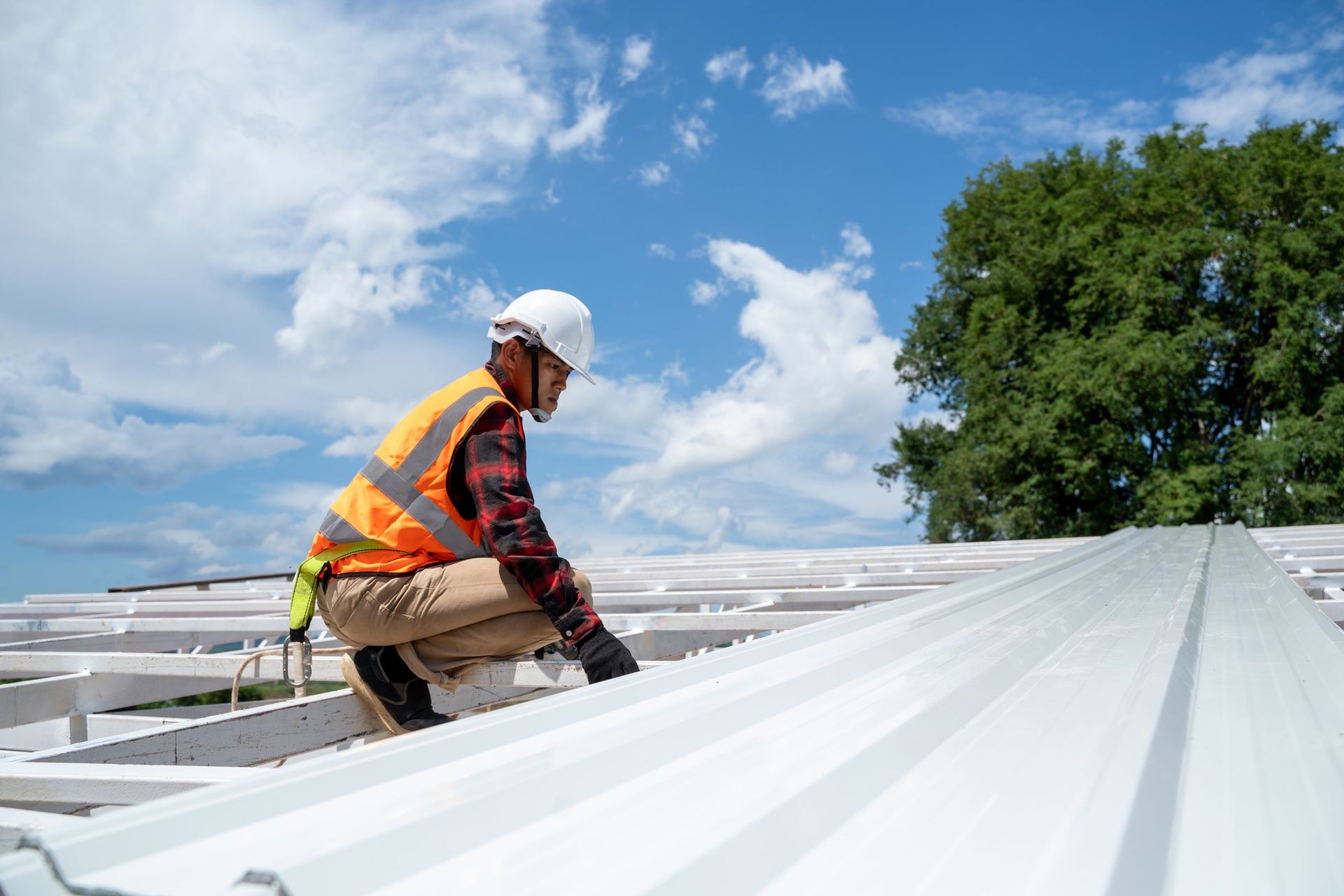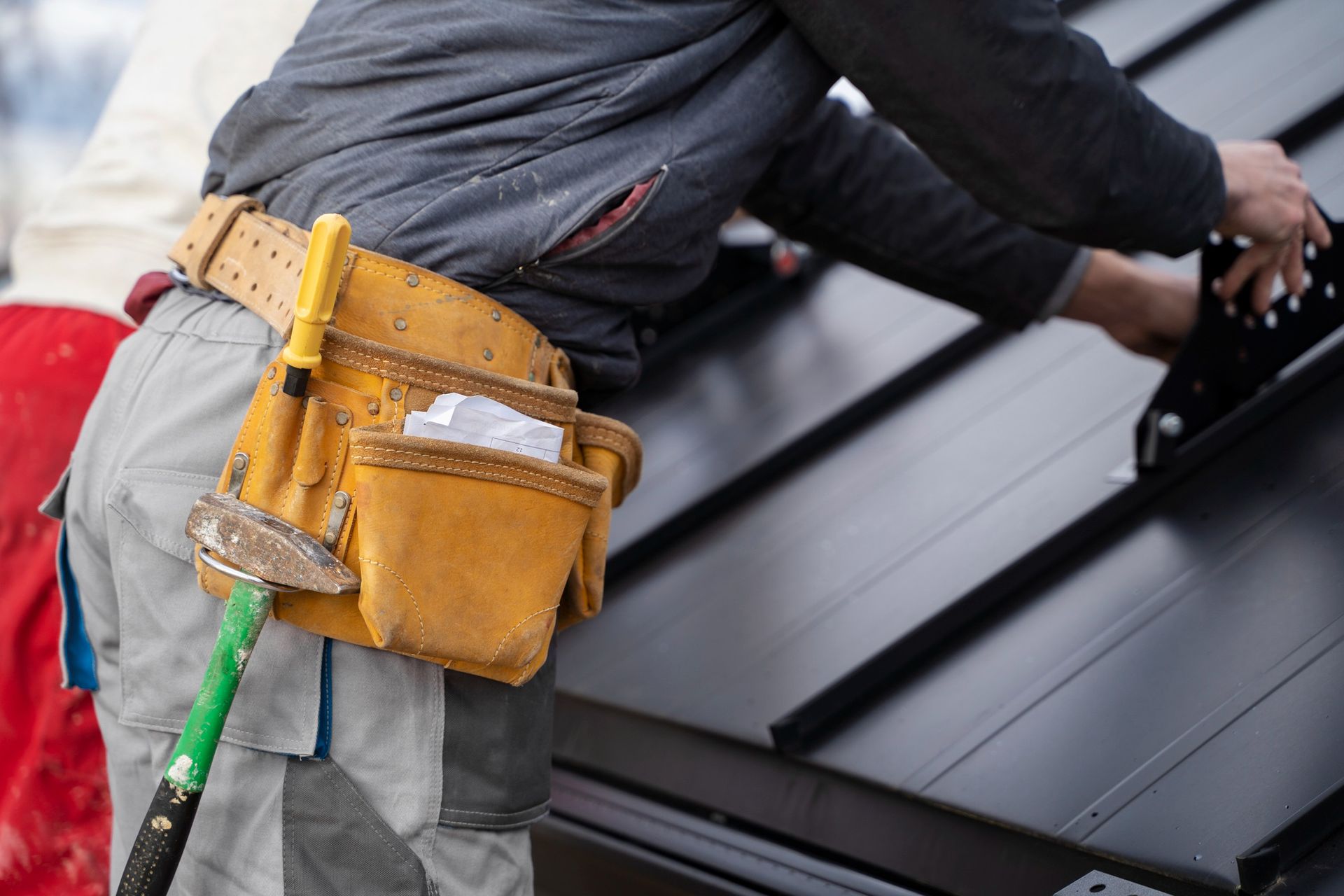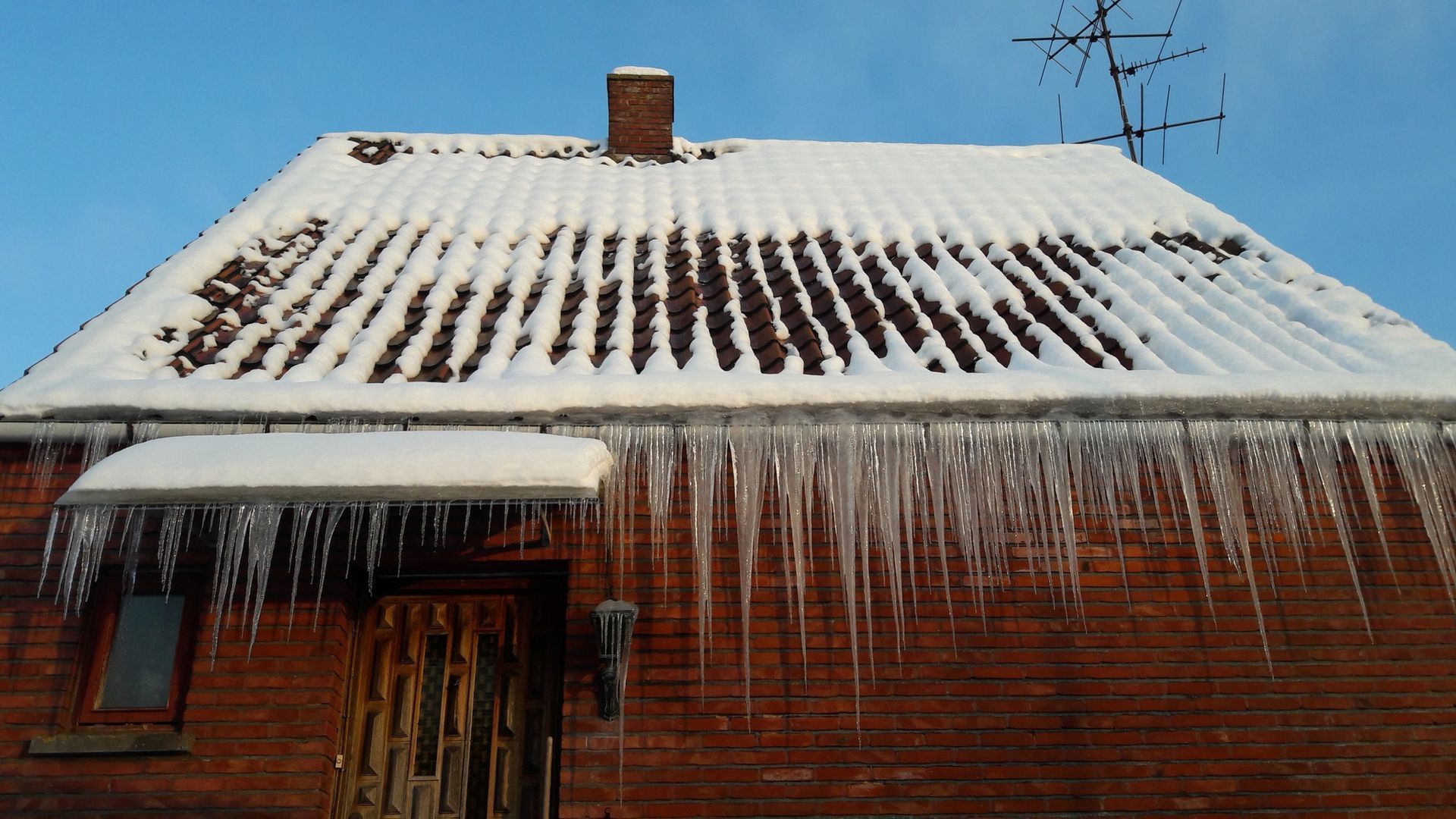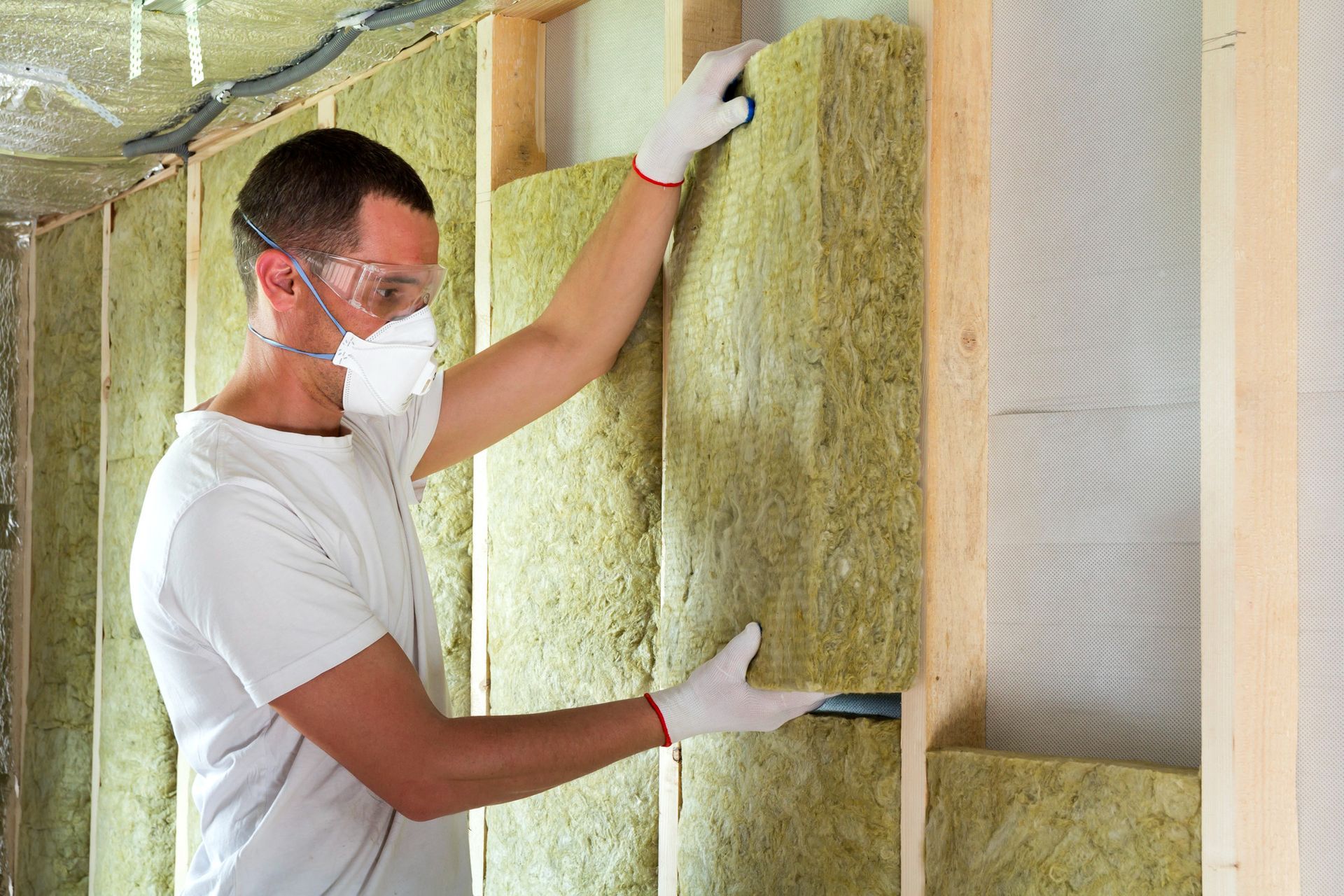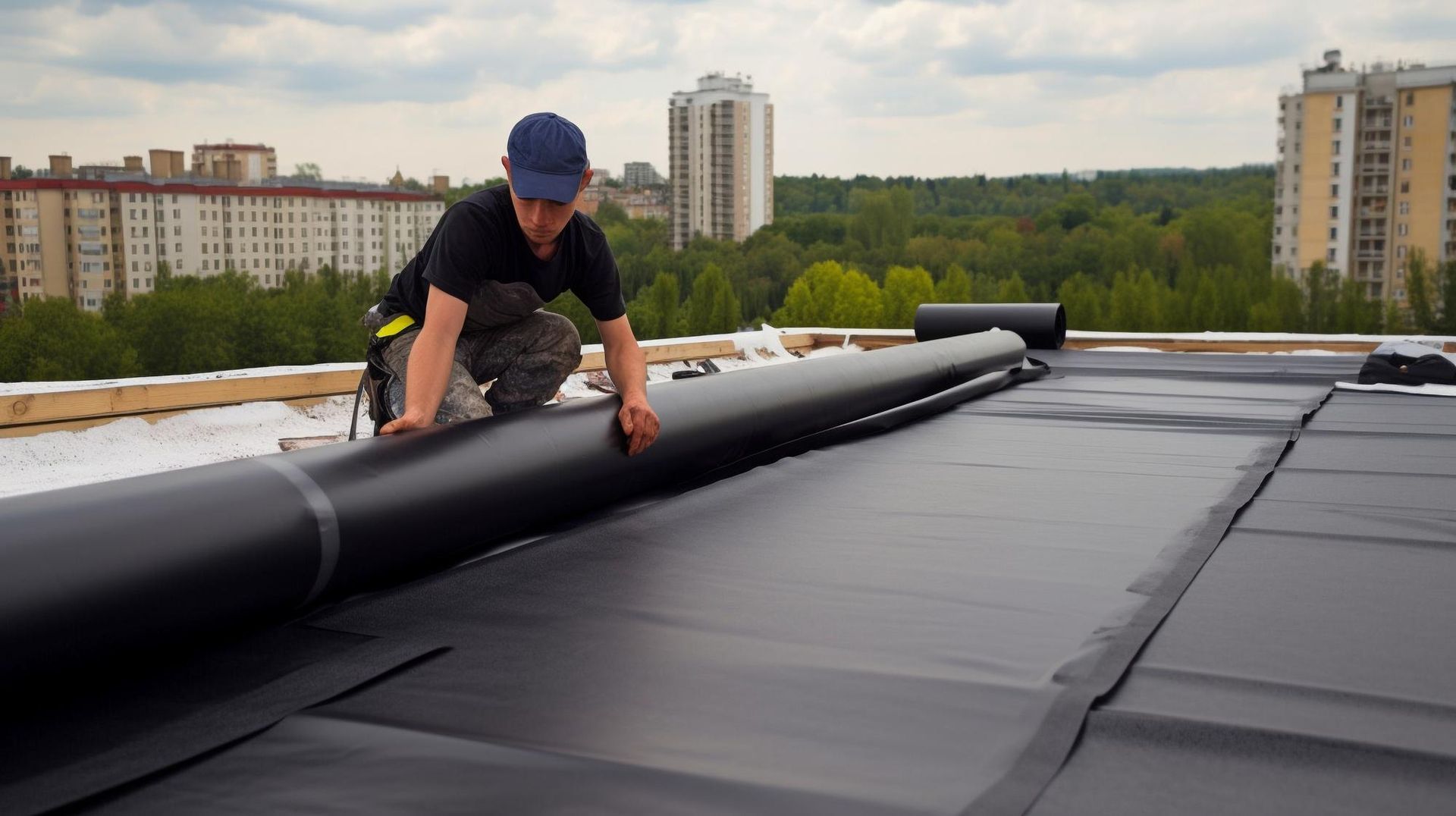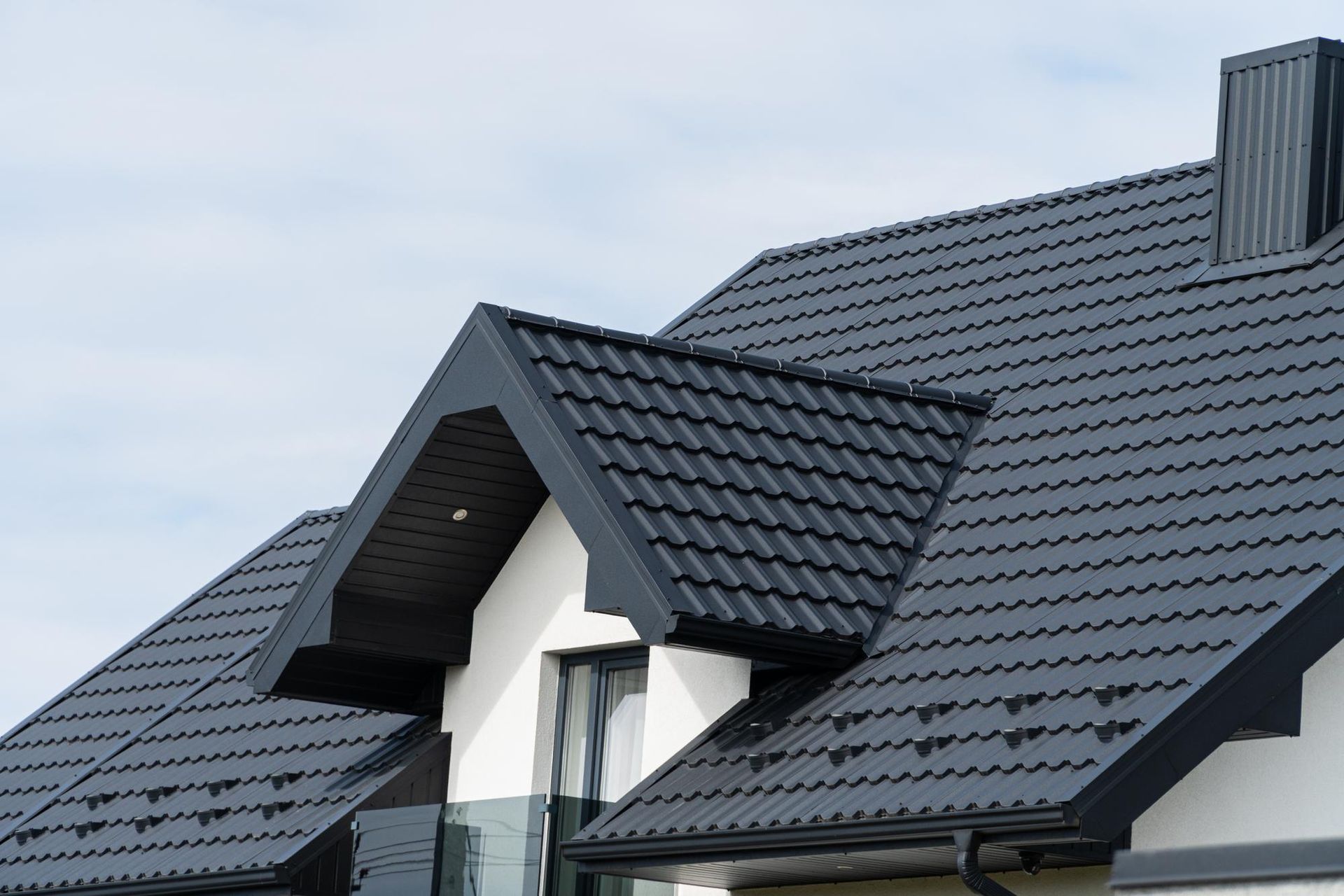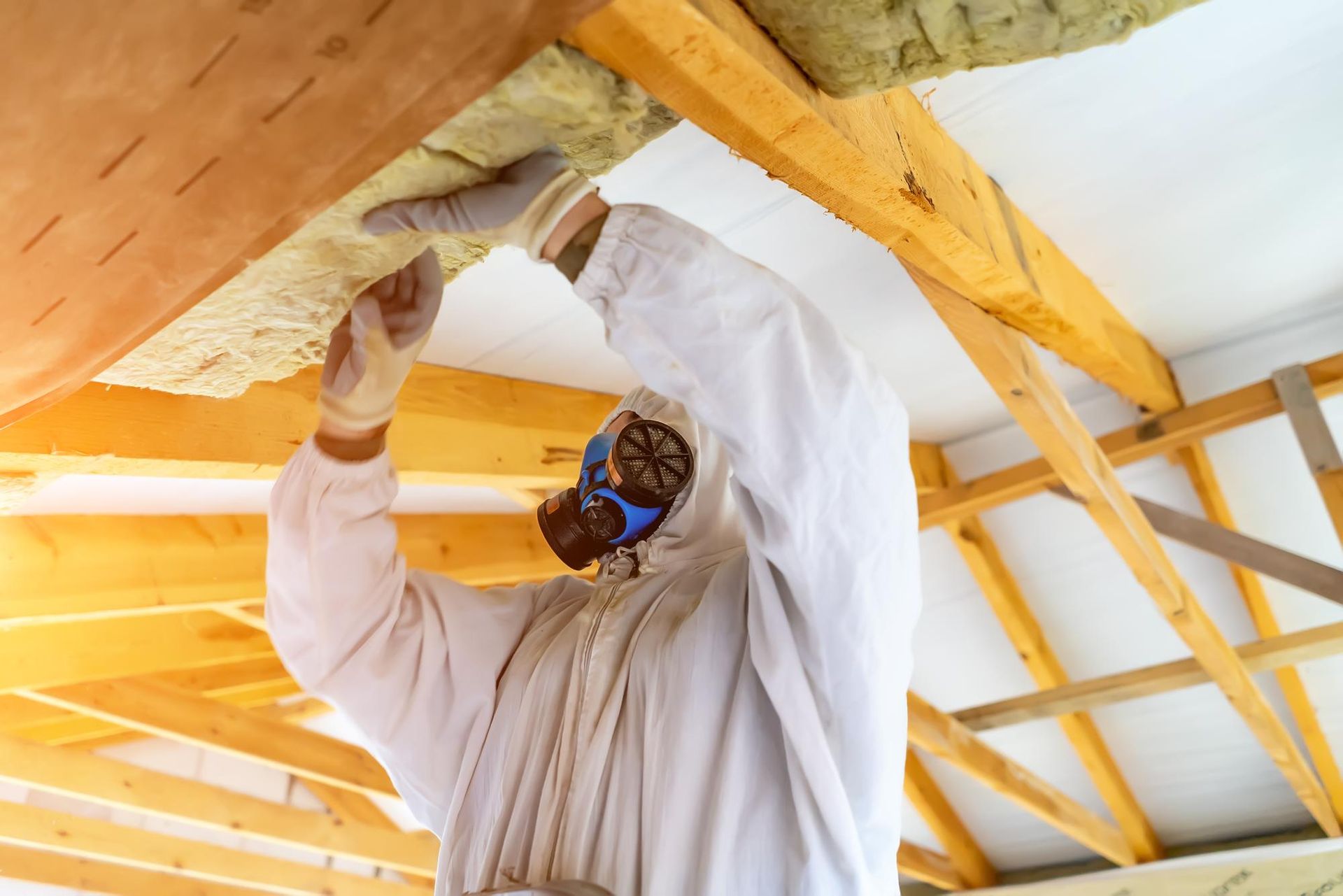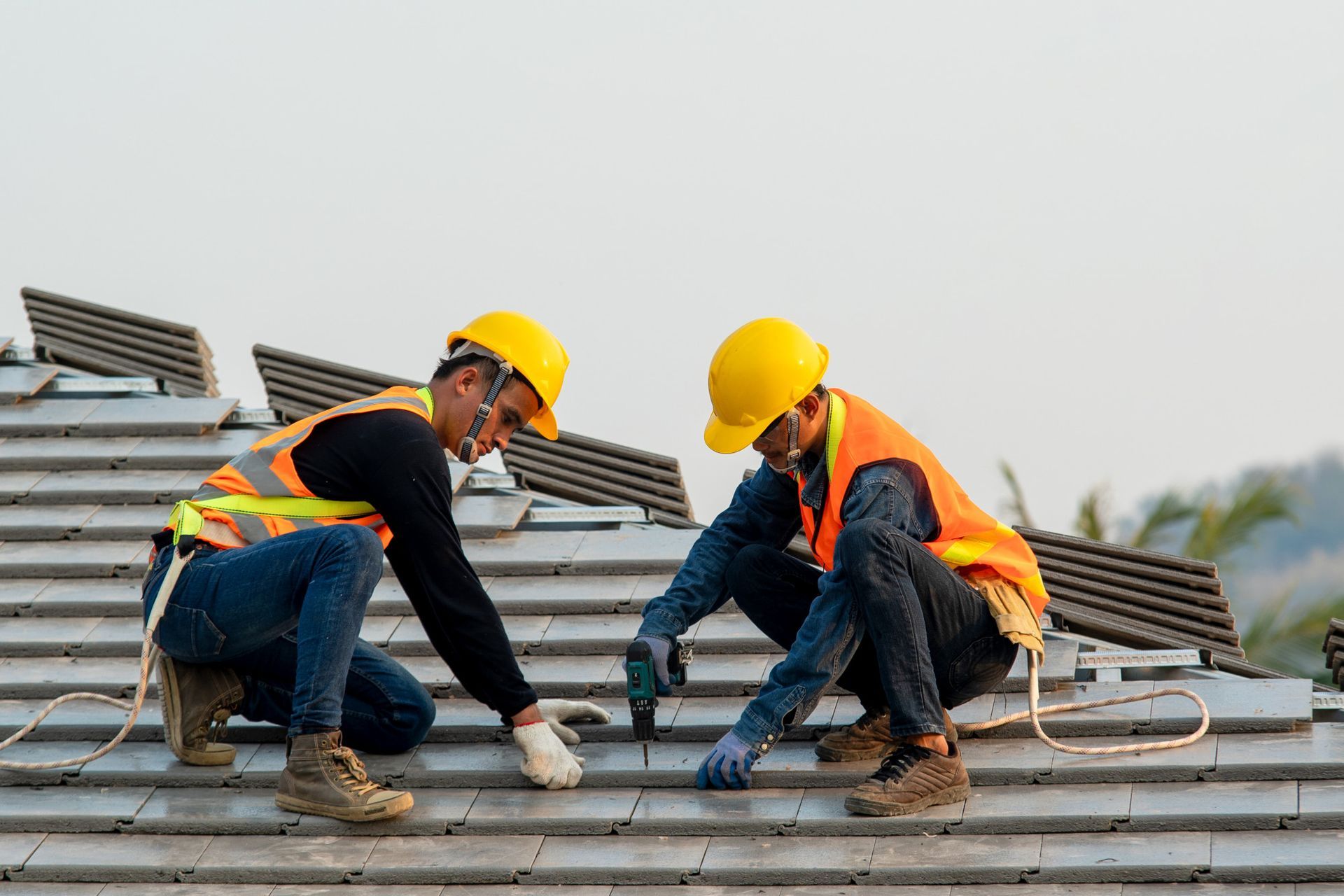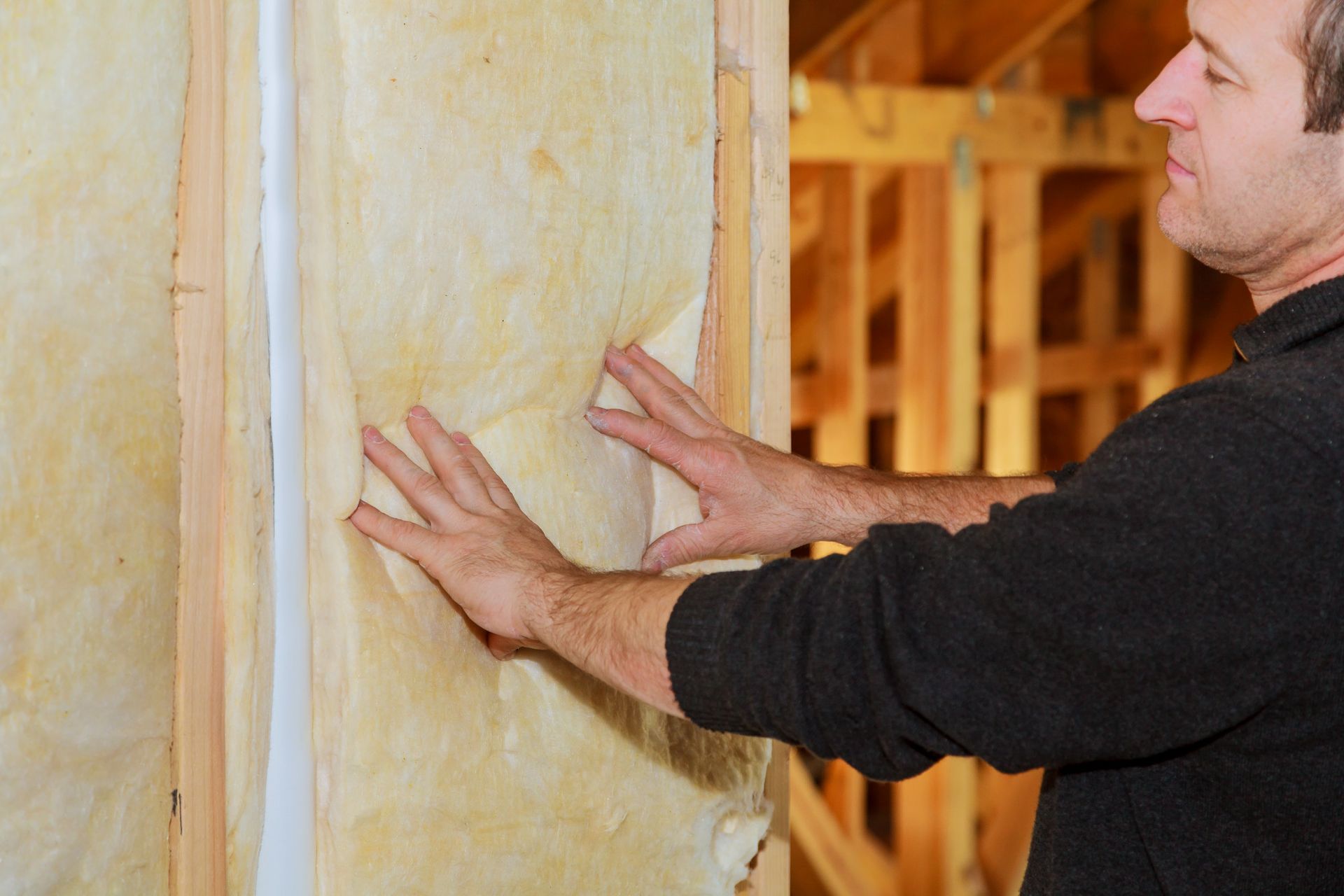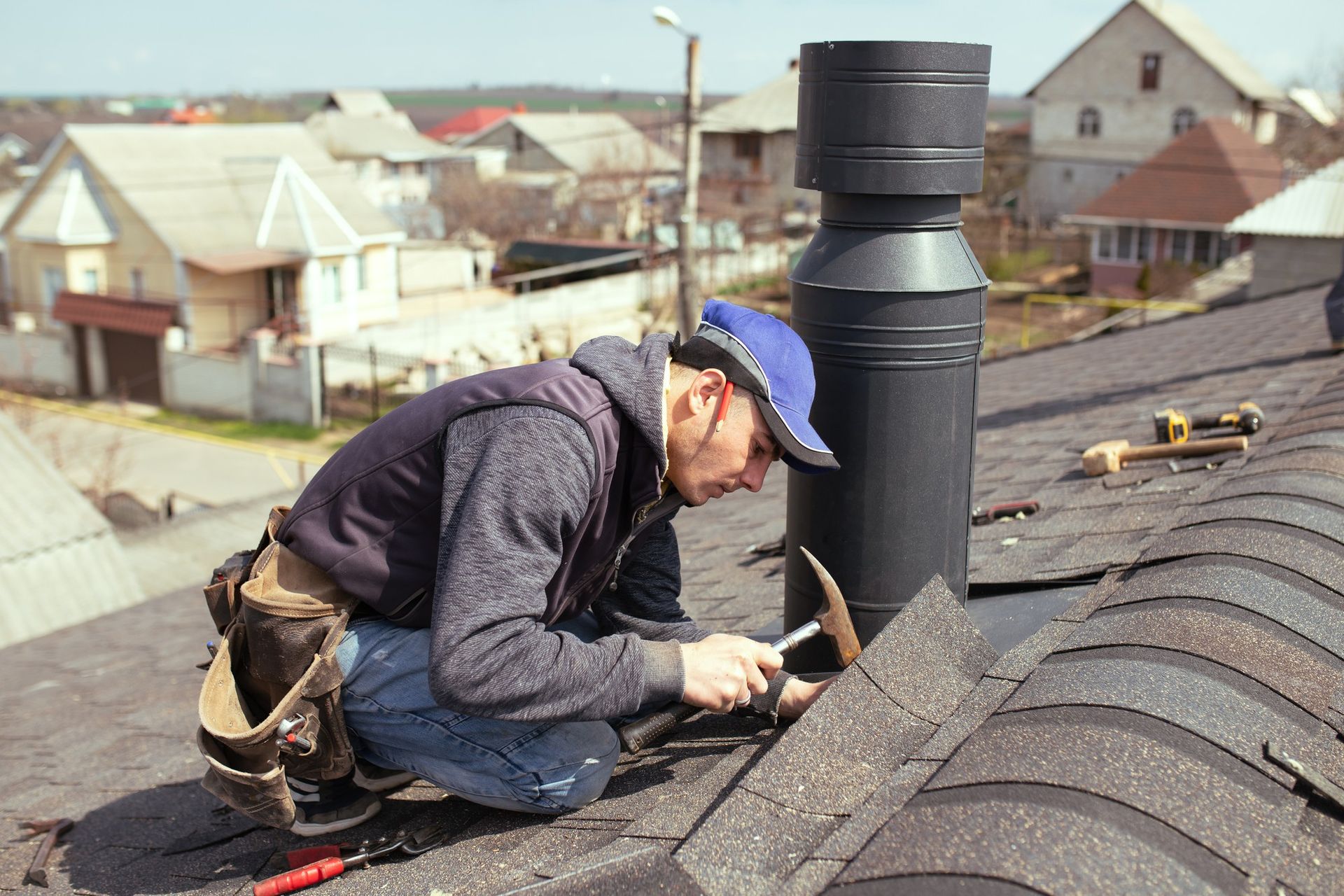CALL US TODAY! (608) 330-3626 OR (608) 530-5323
CALL US TODAY! (608) 330-3626
Top Benefits of Foam Insulations for Homes Explained
Foam insulations are becoming a game-changer in making homes more energy-efficient and comfortable. As we all look for ways to reduce energy bills and improve our living spaces, foam insulation emerges as a smart choice. This article explores the top benefits of foam insulations for homes, shedding light on why it's worth considering for your next home improvement project.
What is Foam Insulation?
Foam insulation is a cutting-edge material used in building construction to enhance energy efficiency and comfort. It's available in two main forms: spray foam and rigid foam boards. Each type serves its unique purpose and can be chosen based on the specific needs of a project.
Spray foam insulation is applied wet and expands into a thick foam, perfectly filling gaps and sealing air leaks. It comes in two types: open-cell and closed-cell. Open-cell foam is softer and more flexible, with a sponge-like texture, making it ideal for soundproofing. Closed-cell foam is denser and more rigid, providing excellent moisture resistance and adding structural strength to walls and roofs.
Rigid foam boards, on the other hand, are pre-manufactured panels that can be cut and fitted into place. They are perfect for insulating basements, crawl spaces, and exterior walls. These boards offer a high insulation value per inch of thickness and can be used to create a continuous insulation layer, reducing thermal bridging.
Foam insulation works by trapping air or gas in its cellular structure, significantly reducing the transfer of heat. This air-tight barrier helps maintain a consistent indoor temperature, regardless of the outdoor weather conditions. Compared to traditional insulations like fiberglass or cellulose, foam insulation provides a superior seal and higher R-values, making it an efficient solution for reducing energy consumption.
Top Benefits of Foam Insulations for Homes
Enhanced Energy Efficiency
Foam insulations are renowned for their ability to enhance the energy efficiency of homes. Their unique cellular structure creates an almost impenetrable barrier against heat flow, making them significantly more effective than traditional insulation materials. This is measured in terms of R-value, a metric used to rate an insulation material's resistance to heat flow. Foam insulations typically have higher R-values per inch compared to materials like fiberglass or cellulose, meaning they provide better insulation with less thickness.
The energy efficiency of foam insulation translates into tangible benefits for homeowners. By minimizing heat loss in winter and heat gain in summer, foam insulation maintains more consistent indoor temperatures. This reduces the need for heating and cooling systems to run excessively, leading to considerable energy savings. Over time, the reduction in energy consumption not only lowers utility bills but also contributes to a more sustainable environment by decreasing the home's carbon footprint.
Improved Home Comfort
The superior insulating properties of foam insulations directly contribute to improved home comfort. One of the key comfort factors in a home is the consistency of indoor temperatures, and foam insulation excels in this area. By forming an airtight seal, it eliminates drafts and cold spots that are common issues with traditional insulation. This means that rooms stay warmer in the winter and cooler in the summer, providing a comfortable living environment year-round.
Moreover, foam insulation's ability to fill gaps and seal leaks helps maintain a controlled humidity level inside the home. Excessive humidity can make indoor temperatures feel more uncomfortable, but foam insulation helps keep humidity levels in check, further enhancing comfort.
Better Air Quality and Moisture Control
Foam insulations contribute significantly to improving indoor air quality and controlling moisture within homes. By creating an airtight seal, foam insulation prevents outdoor pollutants, such as dust, pollen, and vehicle emissions, from entering the home. This is particularly beneficial for individuals with allergies or respiratory conditions, as it helps create a cleaner, healthier indoor environment.
Moisture control is another critical aspect of indoor air quality, and foam insulation plays a vital role in this regard. Moisture can enter homes through leaks and condensation, leading to mold growth and structural damage. Foam insulation's moisture-resistant properties prevent water vapor from penetrating walls and ceilings, drastically reducing the risk of mold and mildew development. This not only protects the structural integrity of the home but also ensures that indoor air remains clean and healthy.
The enhanced energy efficiency, improved home comfort, and better air quality and moisture control provided by foam insulations make them an excellent choice for homeowners looking to upgrade their insulation. These benefits not only lead to a more comfortable and healthier living environment but also contribute to long-term energy savings and sustainability.
Increased Structural Integrity
Foam insulations, particularly closed-cell spray foam, can significantly enhance the structural integrity of a building. Unlike traditional insulation materials that simply fill spaces between framing members, closed-cell foam insulation adheres to the surfaces upon which it is sprayed, forming a rigid and dense layer. This layer adds considerable strength to the building envelope, reinforcing the walls and roof against external pressures and impacts.
The increased structural integrity provided by foam insulation is particularly beneficial in areas prone to severe weather conditions, such as high winds or heavy snowfalls. The cohesive bond it forms with the building materials can help prevent damage during such events, ensuring the home remains safer and more secure. This added durability not only protects the occupants but can also contribute to the longevity of the building, potentially reducing repair and maintenance costs over time.
Eco-Friendly and Sustainable
One of the compelling advantages of foam insulations is their contribution to environmental sustainability. High energy efficiency reduces the reliance on heating and cooling systems, thereby decreasing greenhouse gas emissions associated with energy production. This makes homes insulated with foam more eco-friendly, aligning with the growing demand for sustainable building practices.
Furthermore, some foam insulation products are manufactured using environmentally friendly processes and materials, including recycled content and renewable resources. For instance, certain spray foam insulations use water or environmentally safe blowing agents instead of harmful chemicals. Manufacturers are also focusing on reducing the global warming potential (GWP) of their products, making them a more sustainable choice for eco-conscious homeowners.
Additionally, the durability and longevity of foam insulations mean that they need to be replaced less frequently than
traditional insulation materials, leading to reduced waste over the life of the building. Some foam insulation materials are also recyclable, further minimizing their environmental impact.
Noise Reduction
Foam insulations offer excellent sound dampening properties, contributing to a quieter and more peaceful indoor environment. The dense, air-sealing nature of foam insulation can effectively block and absorb sound waves, reducing the transmission of noise from outside to inside and between different rooms and floors within the home.
Open-cell foam insulation, in particular, is known for its acoustic insulation properties. Its soft, flexible texture allows it to absorb sound, making it an ideal choice for reducing airborne noise such as traffic, airplanes, and neighborhood activities. This makes foam insulation an excellent option for homes located in noisy areas or for homeowners looking to create a more serene living space.
Moreover, the sound-dampening
effects of foam insulation can enhance the privacy within a home. Conversations, entertainment systems, and other internal noise sources are less likely to be heard from one room to another, contributing to a more comfortable and private living environment.
The increased structural integrity, eco-friendly and sustainable attributes, and noise reduction capabilities make foam insulations an attractive option for modern construction and renovations. These benefits not only enhance the performance and comfort of homes but also contribute to the broader goals of environmental sustainability and noise pollution reduction.
Considerations and Installation
When considering foam insulation for your home, there are several factors to keep in mind to ensure you make the most out of its benefits:
- Type of Foam: Decide between open-cell and closed-cell spray foam based on your specific needs for moisture control, insulation, and budget. Rigid foam boards might be the best option for insulating flat surfaces like exterior walls.
- Area of Application: Identify the areas in your home that would benefit most from foam insulation. Attics, basements, and crawl spaces are common areas where foam insulation can significantly improve energy efficiency.
- Professional Installation: Foam insulation requires precise mixing and application techniques to achieve the desired performance. Professional installers have the expertise and equipment to ensure the insulation is applied correctly, filling all nooks and crannies without leaving gaps.
- Building Codes and Regulations: Ensure that the installation complies with local building codes and regulations. Professional installers can help navigate these requirements, ensuring that your insulation project is up to standard.
- Cost vs. Benefit: Consider the initial investment against long-term savings. While foam insulation may have a higher upfront cost than traditional materials, the potential for significant energy savings and increased home comfort can make it a cost-effective choice over time.
- Ventilation: Proper ventilation is crucial in a well-insulated home to prevent indoor air quality issues. Discuss ventilation strategies with your installer to ensure that your home remains healthy and comfortable.
- Environmental Impact: If sustainability is a concern, explore options for eco-friendly foam insulations that use renewable resources or have a lower environmental impact.
Installation of foam insulation should be left to professionals, as they understand the complexities of applying the material and ensuring it performs effectively. They will assess your home, recommend the
best type of insulation, and ensure it's installed to maximize energy efficiency and comfort.
By carefully considering these factors and opting for professional installation, homeowners can significantly enhance the performance of foam insulation in their homes, leading to improved energy efficiency, comfort, and overall home value.
Conclusion
Foam insulations offer a multitude of benefits that extend well beyond mere energy savings. By improving home comfort and air quality, contributing significantly to structural integrity, and offering substantial noise reduction, foam insulations represent a valuable investment for any homeowner. Through our exploration of foam insulations' myriad advantages, it's clear they stand out as a prime option for individuals aiming to enhance their home's efficiency, comfort, and overall quality of life.
At
Weather Seal Insulation and Roofing, LLC, located in Janesville, WI, we understand the importance of a well-insulated home. We are committed to providing top-notch foam insulation services to ensure your home not only becomes more energy-efficient but also a more comfortable and healthier space for you and your family. With our expertise, we can help you navigate the various benefits foam insulation offers, tailoring solutions to meet your specific needs.
If you're considering upgrading your home's insulation, we invite you to reach out to us at
(608) 330-3626. Let's discuss how we can enhance your home's performance with the superior benefits of foam insulation, making it a more enjoyable and sustainable place to live.
FAQ’s
-
Is foam insulation safe for my home?
Yes, foam insulation is safe for residential use when properly installed by professionals. Modern foam insulations are manufactured with safety in mind, meeting strict health and safety standards. Once cured, they do not emit harmful chemicals, making them a safe choice for insulating homes.
-
How long does foam insulation last?
Foam insulation is known for its durability and longevity. When properly installed, it can last for the lifetime of the home, often over 20 years, without significant degradation in performance. This makes foam insulation a cost-effective solution in the long run.
-
Can foam insulation reduce my energy bills?
Absolutely! One of the primary benefits of foam insulation is its ability to significantly reduce energy bills. By creating an airtight seal and preventing heat transfer, foam insulation helps maintain consistent indoor temperatures, reducing the workload on your HVAC system and leading to lower energy consumption.
-
Is foam insulation more expensive than traditional insulation?
Initially, foam insulation may have a higher upfront cost compared to traditional materials like fiberglass. However, the energy savings and reduced HVAC system wear and tear can offset this initial investment over time, making it a cost-effective option in the long term.
-
Can I install foam insulation myself?
While some DIY enthusiasts might consider installing foam insulation themselves, professional installation is strongly recommended. Proper installation is crucial for foam insulation to perform effectively, and professionals have the necessary equipment and expertise to ensure it's done correctly. Incorrect installation can lead to gaps, reduced efficiency, and even structural issues.
Get in Touch Today
Professional, dependable, affordable—why wait? If you need quality work from a qualified roofer, we are the company to call. We’ve helped countless clients keep their property protected while saving time and money. We know we can do the same for you too.
Hours of Operation
- Mon - Thu
- -
- Friday
- -
- Sat - Sun
- Appointment Only
Emergency Service
All Rights Reserved | Weather Seal Insulation and Roofing, LLC

